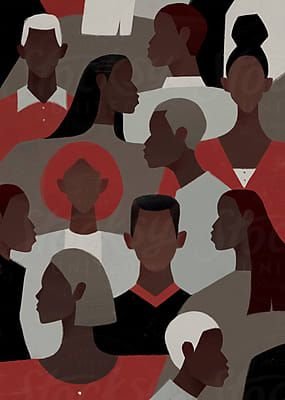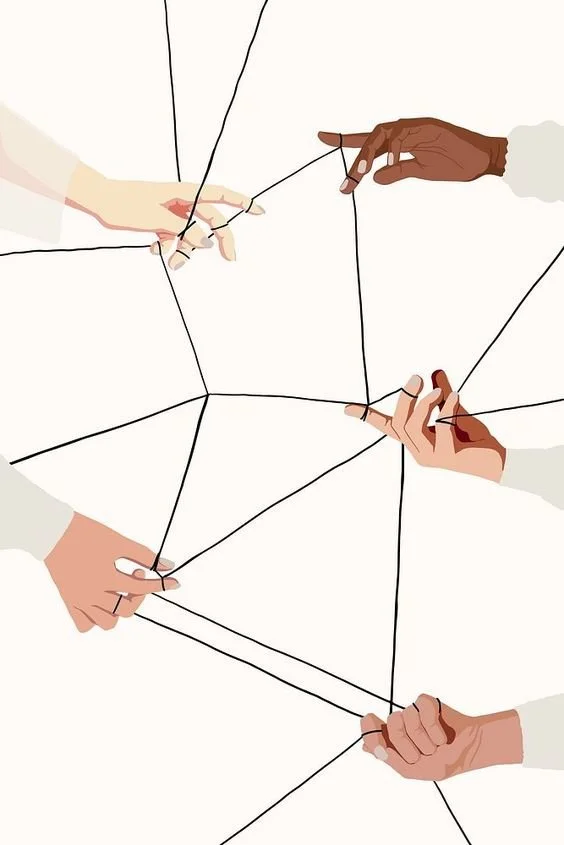in support of living closer to our chosen families.
/Anybody else been heavy into #communalliving #familycompound TikTok lately?
For most of us, college was the last time we had the opportunity to live in close proximity to our friends. Since graduating, I’ve missed the joy that comes with knowing that it’ll only take two minutes to head over to my bestie’s for a hug. Life post college has meant needing to consult our diaries to schedule a week or more in advance for face time together. It’s madness.
Living closer to our friends awards us stronger physical, emotional, and financial wellness. There’s more readily available support for those inevitable challenging moments we all face.
Why do we accept living like this? Especially when most folks I ask concur and want to live closer to their friends and/or family.
I think the answer is pretty clear: we’re conditioned to view life and all its components as fertile ground for competition. There’s no glory in communal effort.
It’s so uniquely American, too. We champion hyper-independence and take pride in saying we did things on our own. We purposefully choose the bumpiest road to success because, somehow, it proves we’re more deserving of the fruits of our labor. Huh?!
I mean… we could get philosophical with it. Since industrialisation involves an extensive re-organisation of an economy for the purpose of manufacturing… would it really be so crazy to say that it also involved an extensive re-organization of society? A sociocultural phenomenon, propagated by capitalism, that keeps us in perpetual competition with one another to prove that we’re living well (however society’s definining it in the given moment).
If we’re living as though in competition, we don’t want others having access to information that we haven’t authorized. It’s like being in battle: keep key strategies and army status out of enemy hands. Information that we authorize is intentionally housed on our social media platforms or via the effort put into how we decorate the outside of our homes (to deflect from the challenges happening on the inside) or in how we respond to “How are you?“…”Fine”, “Great!“, “Never better”. When, really, you couldn’t get out of bed for half an hour because of anxiety you were experiencing about starting the day… I mean, come on.
Living closer to our chosen families…not just working close to them (because that calls for a mask that grins and lies too), makes you utterly vulnerable. But, vulnerability is what humanizes us. It’s what makes human beings rather than folks occupied with being human doers.
As long as we’re mindful about who we choose to be in commune with (because not all friends are created equal), we can always go back home to a foundation that enables us to embrace our vulnerability and feel safe in it, rather than having to hide from it or feeling ashamed of it.








